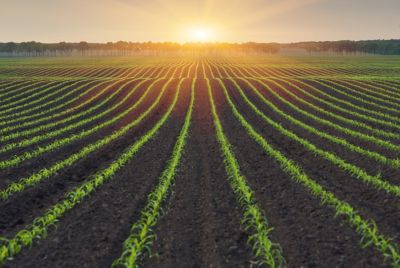 Open Innovation
Open Innovation

Scalable and cost-effective mono-hydroxylation of relevant process chemistry building blocks
The development of a cost effective, safe, and sustainable manufacturing process for crop protection active ingredients is essential for the successful commercialization of agrochemicals. As part of our efforts of identifying process friendly synthetic technology to enable manufacturing route development, we are seeking a scalable, selective, and cost-effective process for mono-hydroxylation of readily available synthetic building blocks as showed in the figure below. Currently available methods often involve multiple synthetic steps, costly and non-scalable reagents, and long development timeline. We invite public and private sector scientists to join in our efforts by submitting a proposal to develop and/or demonstrate a low-cost, scalable and sustainable process/method to enable the intended synthetic transformations.
Submission deadline:
October 1, 2024, by 8 p.m. US Eastern Time
Funding up to $100,000 inclusive of indirect costs*
